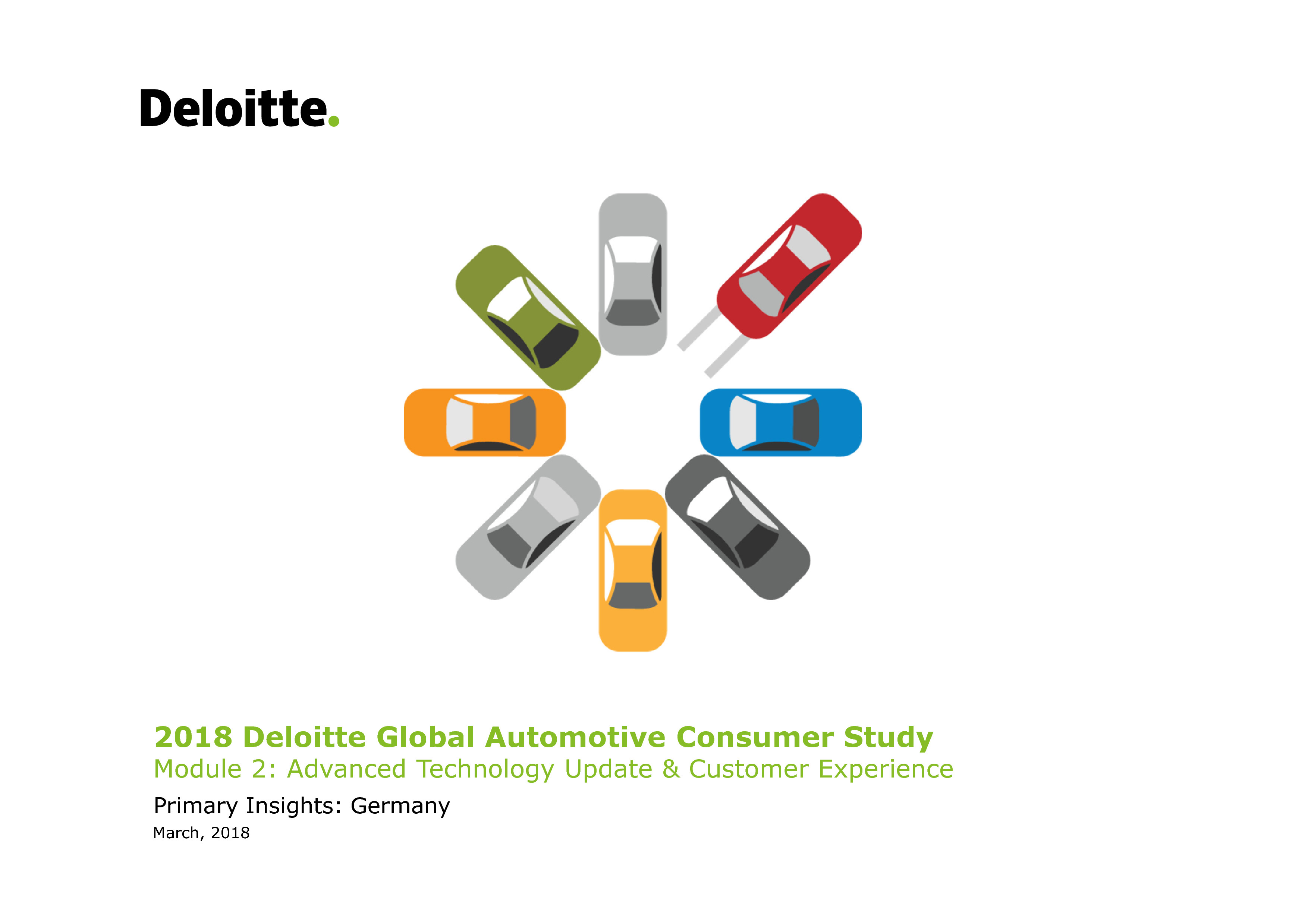
Does Trading in Your Car Hurt Your Credit?
Introduction Picture this: you鈥檙e cruising to a coffee shop, eyes on a shiny new model, and the question pops up again鈥攄oes trading in your car hurt your credit? You鈥檙e not alone. Auto trade-ins are a routine financial move, but their credit impact isn鈥檛 always obvious. In today鈥檚 landscape, the question nudges you to think beyond car lots and into the broader world of credit health, Web3 finance, and multi-asset trading. You鈥檒l find that a smart, measured approach to trades鈥攚hether cars or crypto鈥攌eeps you in control.
How a car trade-in can influence your credit When you trade in, the dealership often pays off your old loan and issues a new one. That rollover creates a new account and can reshuffle your average age of accounts. A bigger concern is negative equity carried into the new loan: if you owe more on the old car than it鈥檚 worth and you roll that difference into a larger loan, your total debt goes up and your monthly payments might tighten your debt-to-income ratio. Timely payments on the new loan can bolster your score over time, but the initial shift鈥攏ew account, different payment history鈥攃an momentarily nudge your credit profile.
Practical steps to protect your credit when trading in
- Check your credit reports and score before negotiating. Small changes can spark big improvements in offers.
- Try not to roll over a large amount of negative equity into the new loan. If you can cover the gap, do it.
- Keep the new loan鈥檚 monthly payment aligned with your overall budget. A sustainable payment rhythm matters for score longevity.
- If possible, request a loan with a favorable term and a lower APR to offset any equity concerns.
- Track the new account鈥檚 history. A few on-time payments can help, while missed ones can sting.
Expanding into multi-asset trading in Web3 Beyond the car, today鈥檚 market offers a spectrum of assets that can strengthen your financial footing when used wisely. Think of it as a diversified toolbox:
- Forex: high liquidity and 24/7 access; be mindful of leverage and volatility.
- Stocks: regulated, transparent, and accessible through multiple platforms.
- Crypto: rapid innovation and 24/7 markets; guard against custody risk and sharp swings.
- Indices: broad exposure with managed risk.
- Options: hedging and income strategies, but complexity and risk demand education.
- Commodities: real-world goods acting as inflation hedges, though supply shocks can matter.
DeFi today: reliability and risk Decentralized finance promises trust-minimized trading and programmable strategies, yet it comes with real caveats. Smart contracts are powerful but not infallible; audits help, but exploits and bugs still appear. Custody is another theme: losing access to keys can mean losing assets. Liquidity varies by pool, and regulatory scrutiny is evolving. If you dip in, pair DeFi exploration with solid risk controls and ongoing education.
Smart trades: leverage, charts, and safety Leverage can magnify gains, but it also magnifies losses. A prudent rule is to limit exposure to what you鈥檙e willing to lose and to use fixed position sizing. Combine chart analysis with on-chain data and risk metrics鈥攕top-losses, take-profits, and diversified bets reduce the chance of a single adverse move wiping you out. Use reputable platforms, enable two-factor authentication, and keep sensitive info guarded. In this era of fast data, good charting tools plus solid risk management are your best friends.
Future trends: smart contracts and AI-driven trading Expect smarter contracts that automate diversified asset pools, yield optimization, and risk controls, all anchored by reliable oracles. AI-driven signals may speed up pattern recognition, but human oversight remains essential to avoid overfitting and misinterpretation. The push toward more transparent, accessible, and automated trading will continue, but it will require stronger security standards and responsible stewardship.
Promotional vibe (slogans you can use)
- Does trading in your car hurt your credit? Not if you plan, protect, and progress.
- Drive your decisions with discipline, and your credit will drive your future.
- Trade smart, credit strong鈥攌eep moving without sacrificing your score.
Conclusion Trading decisions鈥攚hether about a car or a diversified portfolio鈥攕hine brightest when framed by clear goals, careful risk management, and up-to-date knowledge. In a world where auto loans meet Web3 and multi-asset markets, staying informed helps you protect your credit while you explore smarter, safer ways to trade.

